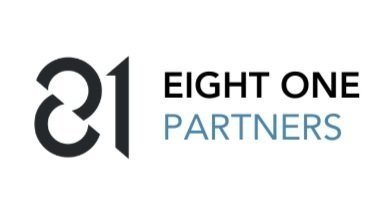A Word of Caution: Fast Business Loans
A client recently asked about when or why they should take money from a provider that promises fast business capital. Here’s the setup:
The company is struggling with low cash balances, uncollectible accounts receivable, and difficulty paying bills. Traditional banks and family members aren’t options for loans, leaving the company desperate for cash to bridge the gap while convincing customers to pay up. In such scenarios, some lenders offer fast business capital, often within 48 hours, through a method called factoring.
Factoring Explained:
Factoring Basics: Lenders buy your accounts receivable and lend you a percentage of that amount. You then repay it over a set payment plan.
Disguised Loans: These aren't always called loans; they may be labeled as other financial instruments. Lenders are often reluctant to provide an interest rate, as the effective rate can be extremely high—sometimes up to 90%.
Process: Accounts receivable are sent to the lender, who processes and either pays you back or directly debits payments from your business account.
Risks and Costs:
High Costs: This financing is among the most expensive and can make it harder to secure traditional loans.
Profitability Impact: If your business isn’t highly profitable, the cost of this capital can prevent you from being profitable.
Interest Rates: If a lender can’t provide a clear interest rate or calls it something other than a loan, it’s likely akin to a payday loan for businesses.
Alternatives:
Vendor Negotiations: It’s often better to negotiate payment plans with vendors.
Accelerate Receivables: Press your accounts receivable to pay faster if possible.
In most cases, the high cost of fast business capital outweighs the benefits, and alternative solutions should be considered first.

